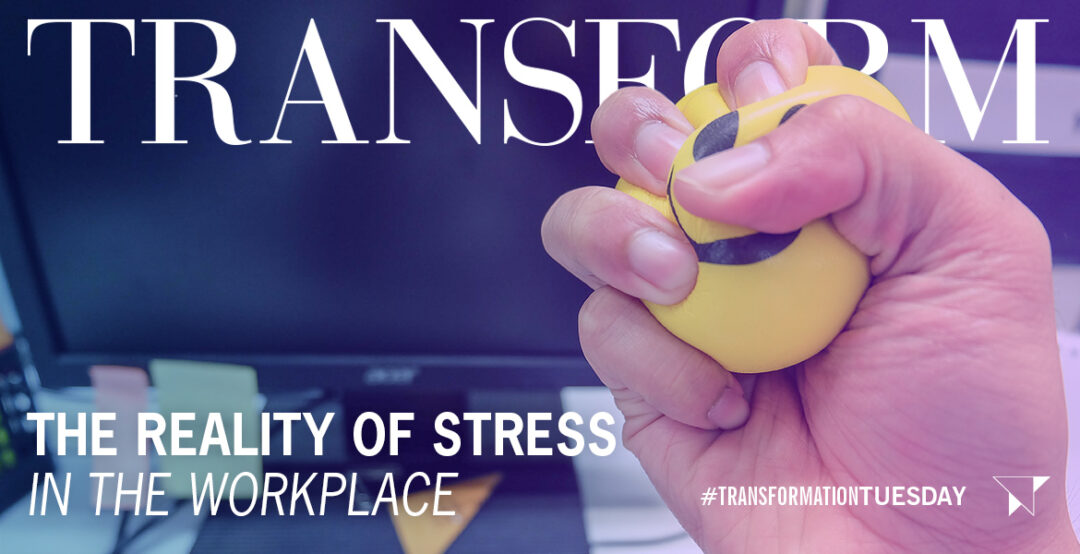A survey regarding the mental health of the workforce recently was conducted involving 3400 employees, including managers, in 10 countries by The Workforce Institute at UKG, a think tank working on “empowering organizations with practical ideas for optimizing the 21st-century workforce.” (Mental Health at Work: Managers and Money)
Here are some interesting percentages:
- 60% percent of employees ranked their job as the area of their lives that most impacts their mental health.
- Two thirds of employees would take a pay cut for a job that better supports their mental wellness.
- 78% of employees say that stress negatively impacts their work performance. Day-to-day stressors caused by work are negatively impacting home life, relationships, and well-being.
- 69% said that managers were the people with the most impact on their mental well-being, equal to that of their partners (also 69%).
- One out of three employees say that their managers fail to recognize the impact they have on their team’s mental well-being.
But the story doesn’t end there:
- 70% of managers also would take a pay cut for a job that better supports their mental wellness.
- Because of work-related stress, 40% of the C-Suite might quit within the year.
So, it looks like there are a lot of stressed-out people in the workforce right now.
Our take on this is that we all have the ultimate responsibility for our own well-being –and it makes all the business sense in the world for companies to empower leadership to address the reality of the stress.
Yet, often managers don’t have the skills or relationships needed to know that they and their people are verging on burnout. Leaders and managers must learn to manage their workloads and their stress in order to have the capacity to not only take care of themselves but to support their people.
We believe the clients we have worked with over the years are better equipped to deal with these issues as they have focused on increasing self-awareness, developing emotional intelligence, becoming great communicators, and practicing grounding and nonreactivity. They also motivate through vision while working to build high functioning teams. Of course, this won’t take away all the stress – remember we all have personal responsibility here, too – but it does create a culture that helps reduce burnout, increase retention and performance, attract top talent, and provide people with a sense of stability and belonging.
We know it won’t be easy, but if you want help or to find out more, give us a call.
Mary Anne Wampler
PRINCIPAL, TRANSFORM, INC.




